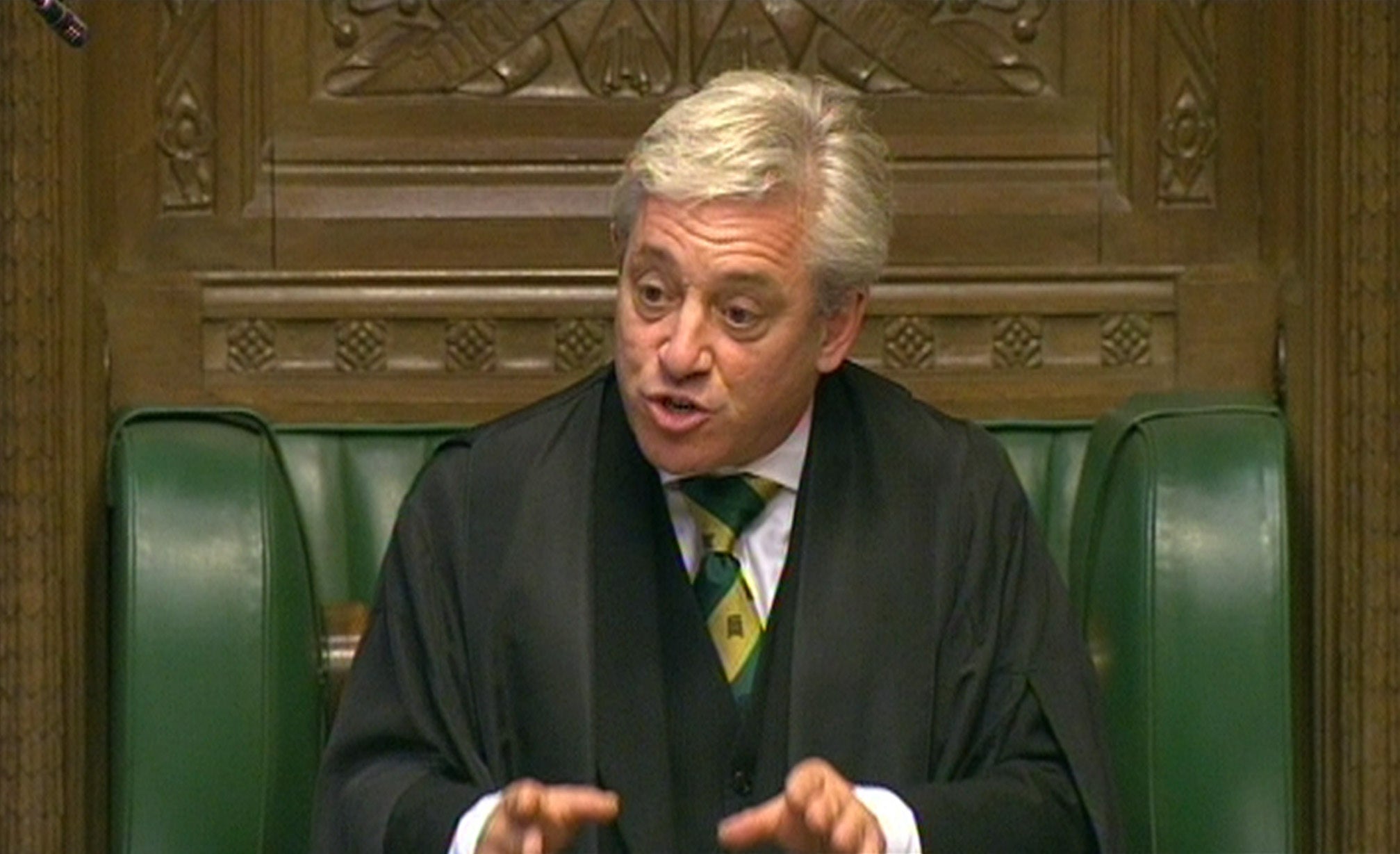The Speaker of the House of Commons has dismissed concerns that Monday’s House of Lords vote on tax credits could provoke a constitutional crisis.
John Bercow told MPs in response to a point of order that “nothing procedurally improper” had taken place in Parliament’s other house.
“Whether people like what happened last night, the substance of the issue, or in terms of their views on constitutionality is a matter for each and every one of them,” he told MPs on Tuesday.
“In terms of where matters rest, as I said last night … this is now a matter for the government to take forward as it thinks fit.
“I do jealously guard the rights of this House. But I have to rest with what I’ve said, that nothing procedurally improper has taken place.”
The Conservatives have accused the unelected House of Lords of trying to “grab new powers” by blocking the Government’s cuts to tax credits.
George Osborne has said the defeat raises “constitutional issues” that have to be deal with.
Effects of the cuts to Tax Credits
Show all 6But the Director of the UCL Constitition Unit, Meg Russell, confirmed before the vote on Monday that the Lords has a veto over such statutory instruments.
“The House of Lords has a formal veto over delegated legislation ... [It is] not unprecedented for the Lords to use its veto power, but it is unusual,” she wrote.
However, she said the particular tax credit statutory instrument’s financial implications would mean it was subject to more debate.
“This takes us into relatively uncharted territory. Previous defeats on delegated legislation have certainly had far lesser financial effects.
“The Lords’ primary defence will probably be that this is a very major policy change to implement via delegated legislation – and that the government could choose to implement it via a bill instead.”
Peers would also not ordinarily block a measure in a Government’s programme, however tax credit cuts were not included in the Conservatives’ election manifesto.
Many matters in Britain’s uncodified constitution are decided by a mix of convention, scattered statue law, and realpolitik.
Conservative House of Commons leader Chris Grayling this morning refused to “rule in or rule out” a proposal from some Conservatives to flood the Lords with hundreds of Conservative peers to break the deadlock.
Such a plan would however cost the taxpayer million of pounds in new expenses and allowances claims, according to research by the Electoral Reform Society.
The House of Lords last night voted to delay the tax credit cuts by three years, pending transitional arrangements by the Chancellor to mitigate their impact on the low paid.
The Chancellor said he would come back with proposals to lessen their impact at the Autumn Statement.
Subscribe to Independent Premium to bookmark this article
Want to bookmark your favourite articles and stories to read or reference later? Start your Independent Premium subscription today.


Join our commenting forum
Join thought-provoking conversations, follow other Independent readers and see their replies